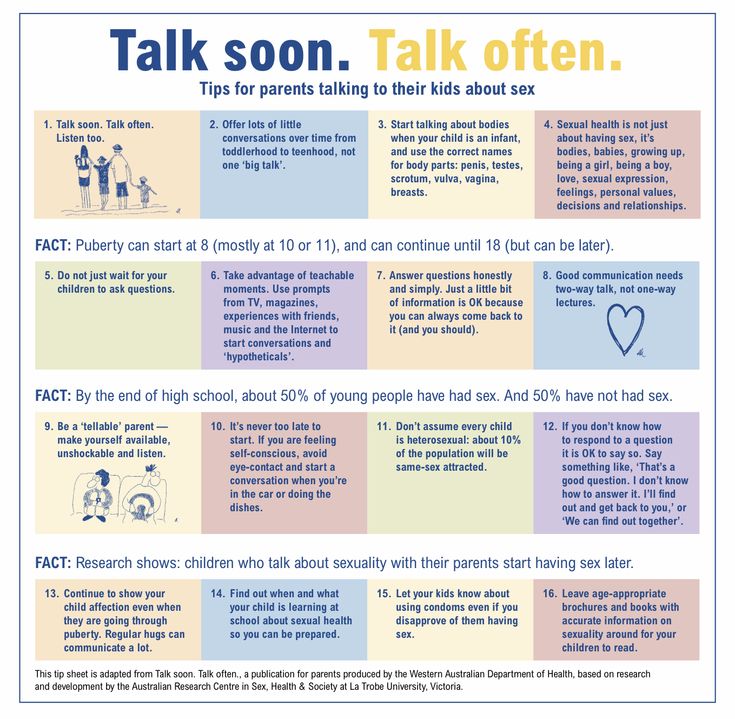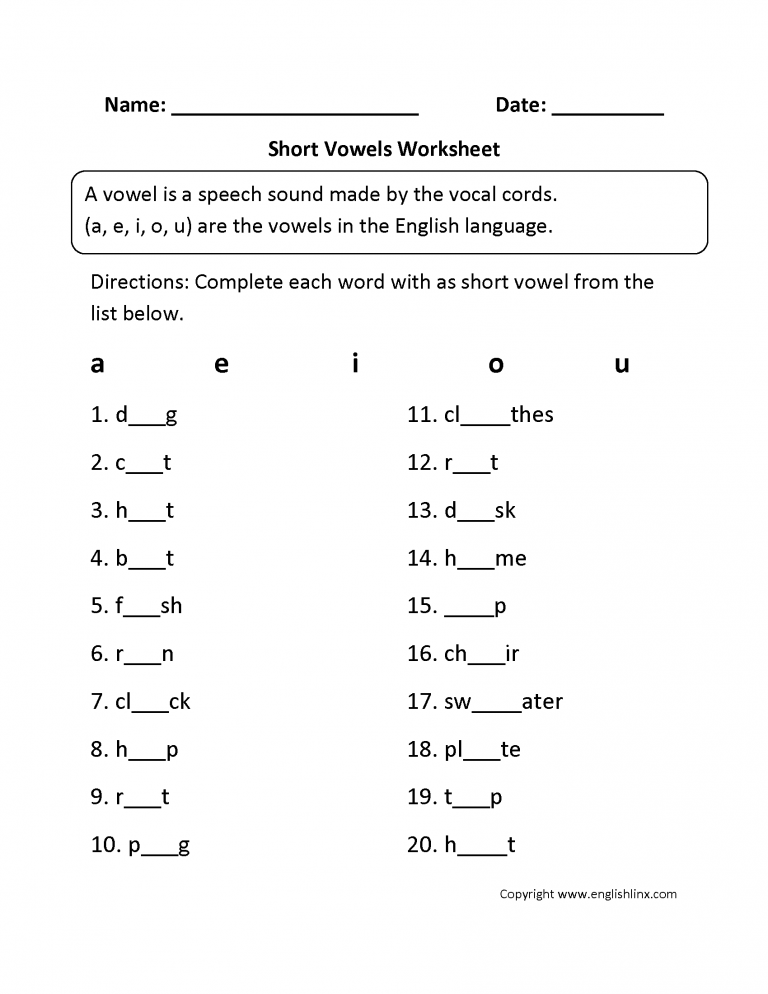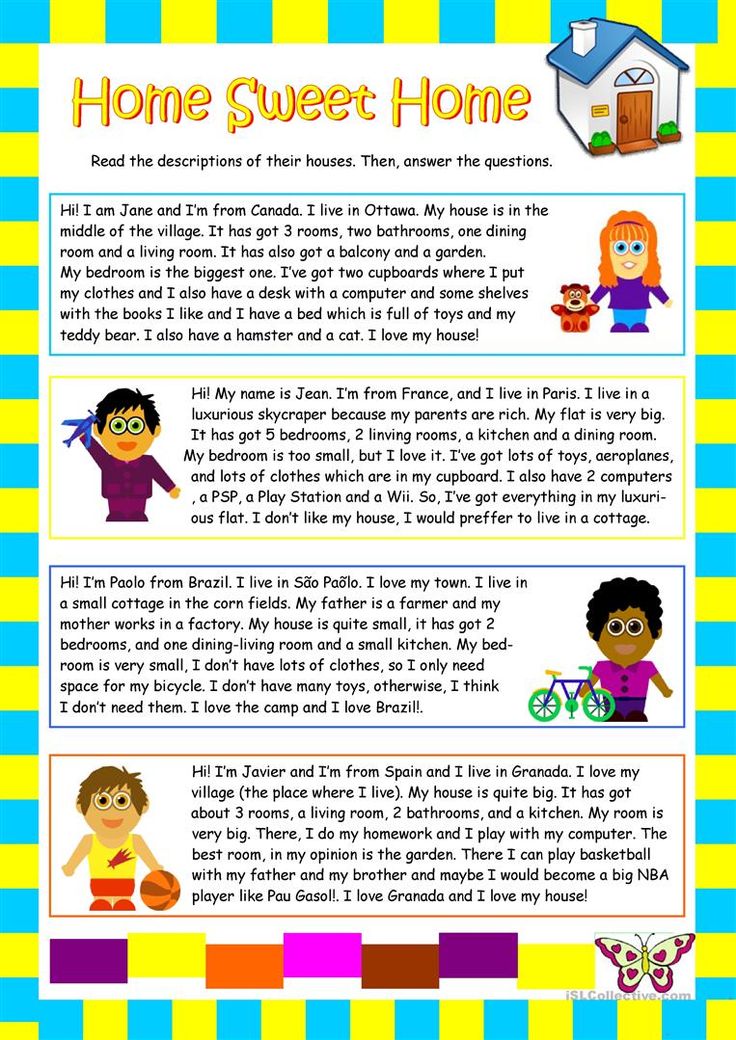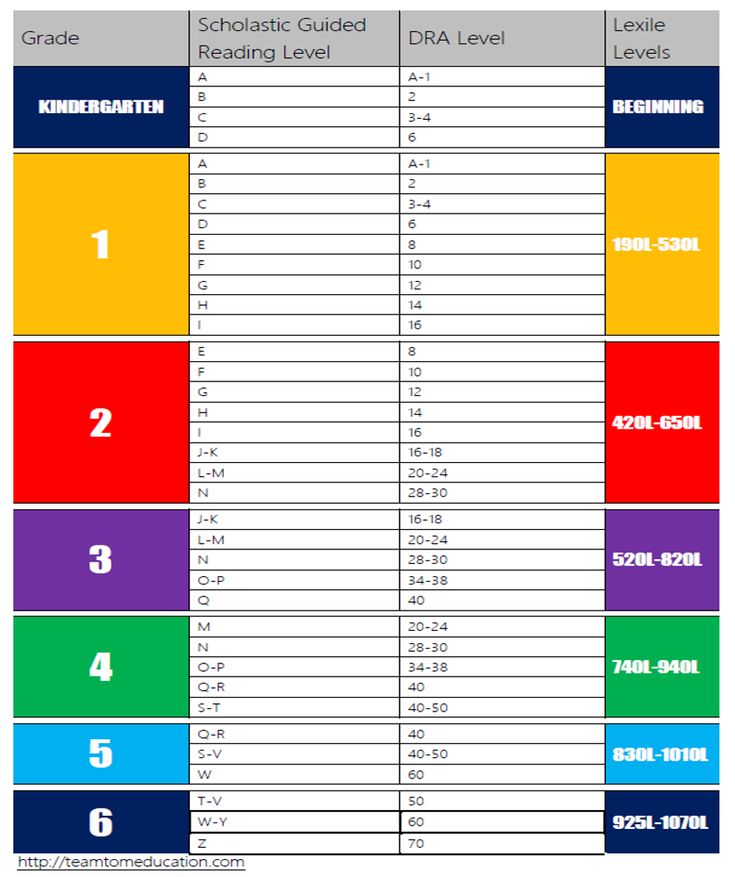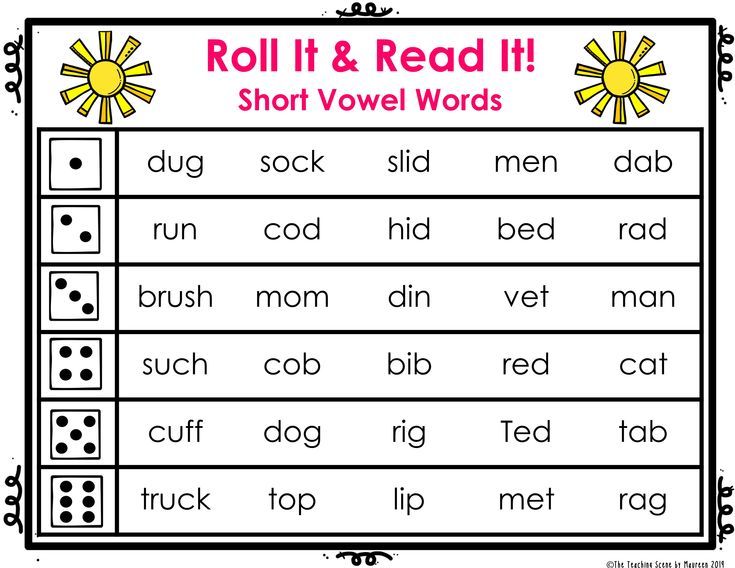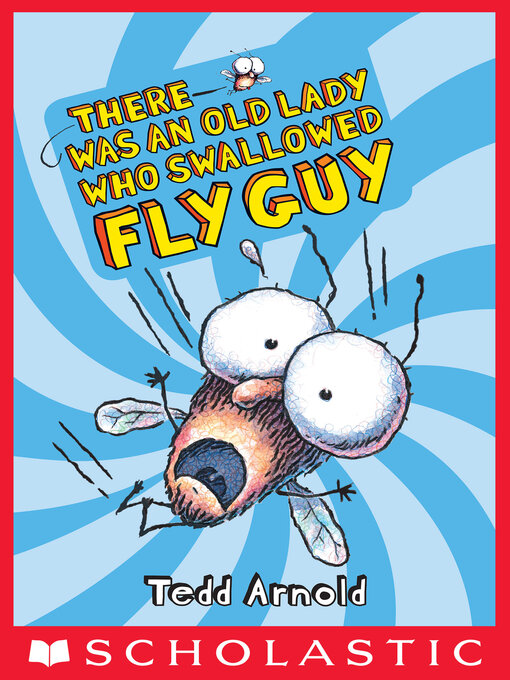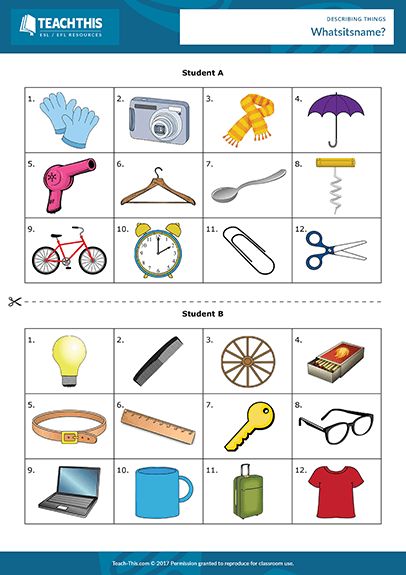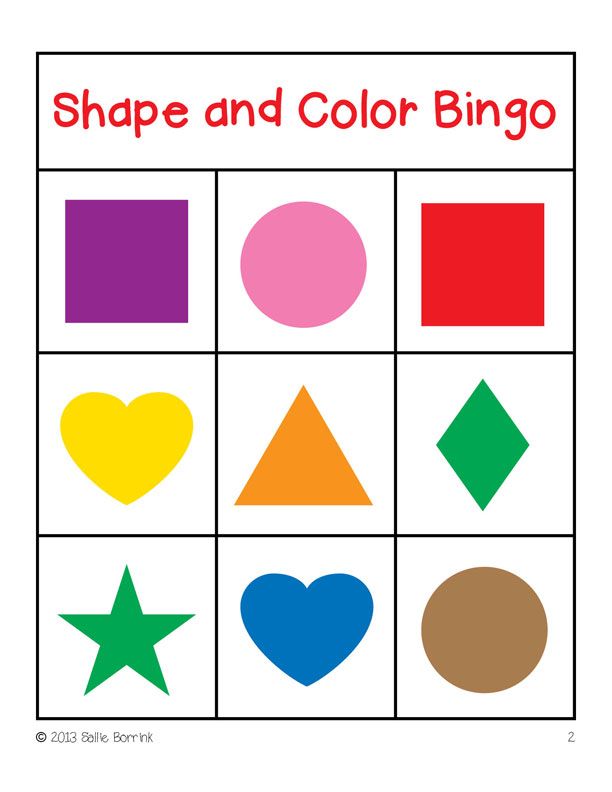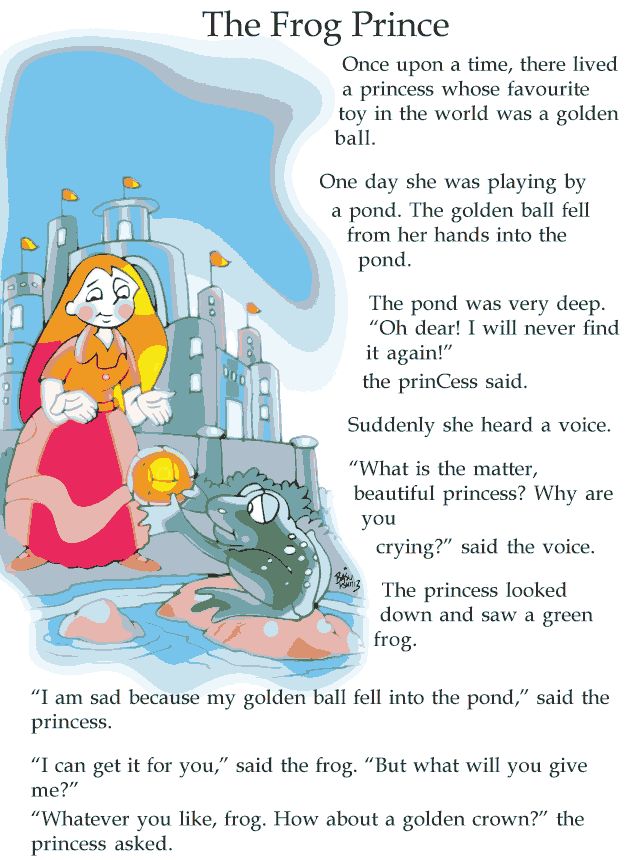When should my child read
Reading Milestones (for Parents) - Nemours KidsHealth
Reviewed by: Cynthia M. Zettler-Greeley, PhD
Nemours BrightStart!
en español Hitos en la lectura
This is a general outline of the milestones on the road to reading success. Keep in mind that kids develop at different paces and spend varying amounts of time at each stage. If you have concerns, talk to your child's doctor, teacher, or the reading specialist at school. Getting help early is key for helping kids who struggle to read.
Parents and teachers can find resources for children as early as pre-kindergarten. Quality childcare centers, pre-kindergarten programs, and homes full of language and book reading can build an environment for reading milestones to happen.
Infancy (Up to Age 1)
Kids usually begin to:
- learn that gestures and sounds communicate meaning
- respond when spoken to
- direct their attention to a person or object
- understand 50 words or more
- reach for books and turn the pages with help
- respond to stories and pictures by vocalizing and patting the pictures
Toddlers (Ages 1–3)
Kids usually begin to:
- answer questions about and identify objects in books — such as "Where's the cow?" or "What does the cow say?"
- name familiar pictures
- use pointing to identify named objects
- pretend to read books
- finish sentences in books they know well
- scribble on paper
- know names of books and identify them by the picture on the cover
- turn pages of board books
- have a favorite book and request it to be read often
Early Preschool (Age 3)
Kids usually begin to:
- explore books independently
- listen to longer books that are read aloud
- retell a familiar story
- sing the alphabet song with prompting and cues
- make symbols that resemble writing
- recognize the first letter in their name
- learn that writing is different from drawing a picture
- imitate the action of reading a book aloud
Late Preschool (Age 4)
Kids usually begin to:
- recognize familiar signs and labels, especially on signs and containers
- recognize words that rhyme
- name some of the letters of the alphabet (a good goal to strive for is 15–18 uppercase letters)
- recognize the letters in their names
- write their names
- name beginning letters or sounds of words
- match some letters to their sounds
- develop awareness of syllables
- use familiar letters to try writing words
- understand that print is read from left to right, top to bottom
- retell stories that have been read to them
Kindergarten (Age 5)
Kids usually begin to:
- produce words that rhyme
- match some spoken and written words
- write some letters, numbers, and words
- recognize some familiar words in print
- predict what will happen next in a story
- identify initial, final, and medial (middle) sounds in short words
- identify and manipulate increasingly smaller sounds in speech
- understand concrete definitions of some words
- read simple words in isolation (the word with definition) and in context (using the word in a sentence)
- retell the main idea, identify details (who, what, when, where, why, how), and arrange story events in sequence
First and Second Grade (Ages 6–7)
Kids usually begin to:
- read familiar stories
- "sound out" or decode unfamiliar words
- use pictures and context to figure out unfamiliar words
- use some common punctuation and capitalization in writing
- self-correct when they make a mistake while reading aloud
- show comprehension of a story through drawings
- write by organizing details into a logical sequence with a beginning, middle, and end
Second and Third Grade (Ages 7–8)
Kids usually begin to:
- read longer books independently
- read aloud with proper emphasis and expression
- use context and pictures to help identify unfamiliar words
- understand the concept of paragraphs and begin to apply it in writing
- correctly use punctuation
- correctly spell many words
- write notes, like phone messages and email
- understand humor in text
- use new words, phrases, or figures of speech that they've heard
- revise their own writing to create and illustrate stories
Fourth Through Eighth Grade (Ages 9–13)
Kids usually begin to:
- explore and understand different kinds of texts, like biographies, poetry, and fiction
- understand and explore expository, narrative, and persuasive text
- read to extract specific information, such as from a science book
- understand relations between objects
- identify parts of speech and devices like similes and metaphors
- correctly identify major elements of stories, like time, place, plot, problem, and resolution
- read and write on a specific topic for fun, and understand what style is needed
- analyze texts for meaning
Reviewed by: Cynthia M. Zettler-Greeley, PhD
Date reviewed: May 2022
When Should a Child Be Able to Read?
Reading might be the most important academic skill a child acquires in primary school, and the “key” to opening any number of academic and career opportunities. It’s no wonder average reading age is a much-googled topic; success in reading is known to predict academic success in general.
Should a child be able to read by the time they finish kindergarten and enter grade one? What if they’re not interested or – worse – you’re struggling to have them cooperate with reading practice at all?
It’s important to understand that reading is a learned skill which must be taught over time. Identifying which stage your child is currently at in their reading journey can help you support them appropriately and lower expectations that they should be reading independently by the time they enter grade 1, or even grade 2.
On the other hand, acknowledging that your child’s reading is not progressing at an appropriate pace can be the first step in seeking the literacy support your child needs to get their academic trajectory back on track.
The average age of reading fluency isn’t an age at all but a range. By around grades 2 to 3, most children are beginning to read independently and acquiring fluency.
What’s important to understand is that reading fluently is a stage of skill development which must be preceded by earlier stages of pre-reading and learning to decode language. A child does not simply learn to read at a pre-determined developmental stage like they might learn to walk or learn to grip a crayon.
Renowned reading expert Jeanne Chall was a pioneering researcher and phonics advocate, who founded and led the Harvard Reading Laboratory from 1967 to 1991. In 1995, Chall defined six stages of development in a child’s reading journey:
1. Pre-reading (Infancy to Preschool)
Children in this stage are working on oral language development and listening skills.
2. Reading and Decoding (Grades 1-2)
Children in this stage are learning that letters represent sounds and becoming familiar with sound-spelling relationships.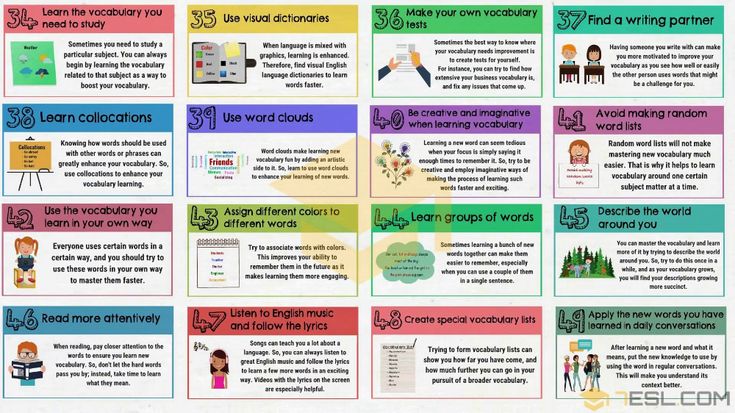
3. Fluency (Grades 2-3)
Children are cementing their decoding skills and additional strategies to read well. Fluency is improving.
4. Reading for New Learning (Grades 4-8)
Children in this stage can now begin reading for enjoyment. They are developing strategic reading habits and using reading as a tool to expand vocabularies and build background and world knowledge.
5. Develop Multiple Viewpoints (High school)
At this stage, the reader can analyze texts critically and understand multiple points of view in a narrative or text. Reading for education and enjoyment are both pursued.
6. Construction and Reconstruction (Post-secondary to adulthood)
At this highest stage, a reader can take in a large amount of information by reading and then construct their own understanding through analysis and synthesis of what’s read.
Unlike speech and listening skills, children must be taught to read. As parents of multiple kids will know, this can happen anywhere between about ages 4 through 7 for most kids. Some may be a bit earlier or later. Some children seem to be natural readers who pick up the mechanics of decoding language easily and begin reading for pleasure at a young age.
As parents of multiple kids will know, this can happen anywhere between about ages 4 through 7 for most kids. Some may be a bit earlier or later. Some children seem to be natural readers who pick up the mechanics of decoding language easily and begin reading for pleasure at a young age.
Other children might struggle with reading and feel frustrated if they’re not “measuring up.” It’s understandable that a parent might worry about a child being left behind when reading fundamentals don’t seem to be progressing as quickly as they are for their peers. Academic and even behavioural complications can arise when reading expectations seem out of reach.
According to Carol Leroy, director of the Reading and Language Centre at the University of Alberta: “Around grade two or three, they start to become really conscious of their reading—they can lose their confidence, stop taking risks, become afraid of being teased… That’s where we start to get behaviour issues; some kids will withdraw or stir up trouble to avoid reading, because it’s so painful for them.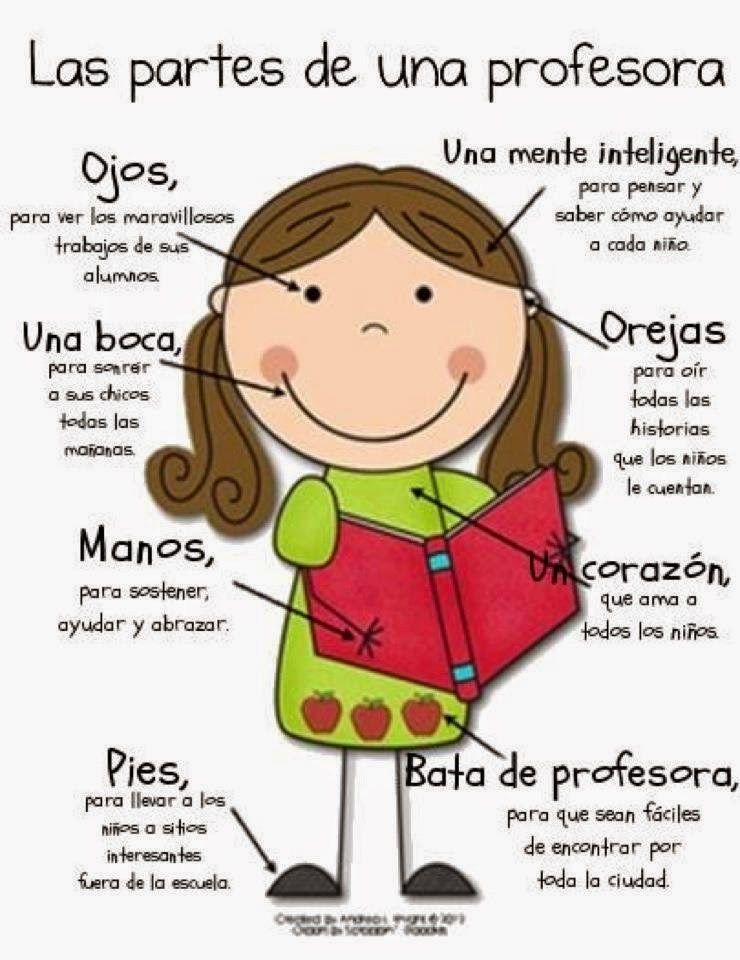 ”
”
As your child grows and encounters more complex academic matter and a greater variety of subjects and vocabulary, reading skills are not just essential, they may be predictive of future academic success.
Reading researcher Keith Stanovich first used the term “Matthew Effect” in 1986 to refer to the tendency of poor readers to continue struggling academically over time. This “rich get richer, poor get poorer” reference to the biblical book of Matthew sums up the evidence of reading research: competent early readers will tend to accumulate more and superior reading and academic knowledge than peers who struggle to read in primary grades.
Whether it’s a novel, a history textbook or a set of instructions for a science project, reading is a fundamental requisite for any number of academic and career paths.
The best possible start in reading can make a world of difference for your child’s relationship with reading and attitudes toward school.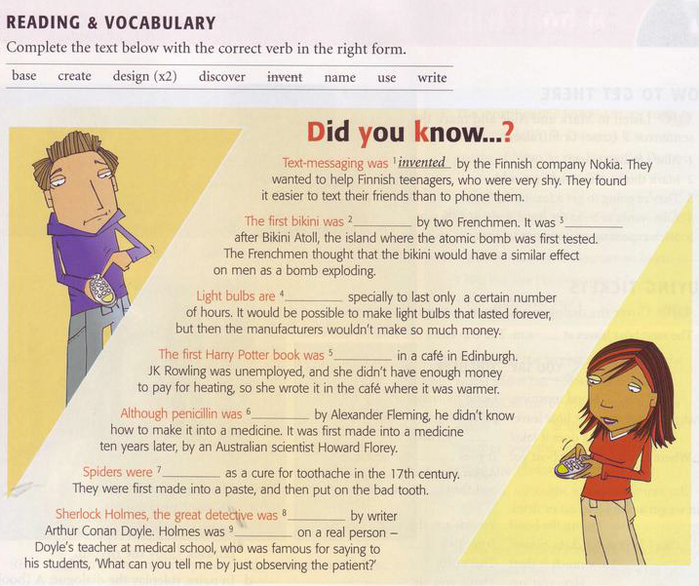 Give young readers the skills and time they need to acquire the building blocks of successful reading. At the same time, stay alert for behavioural resistance which might indicate your child is feeling stressed about reading and requiring some support.
Give young readers the skills and time they need to acquire the building blocks of successful reading. At the same time, stay alert for behavioural resistance which might indicate your child is feeling stressed about reading and requiring some support.
If you’re concerned your child may be falling behind due to difficulty reading, our in-depth Functional Literacy Assessments can help you advocate for your child’s unique needs at school.
At what age did your child finally learn to read independently? Did your children learn to read at different ages? Share below!
At what age did your children begin to read fluently?
- Forum
- Archive
- Schools, Olympiads, Universities
At what age did your children start reading fluently?
What is the normal reading speed for a first grader?
Really fluent, with intonation, pauses, started reading exactly at 6.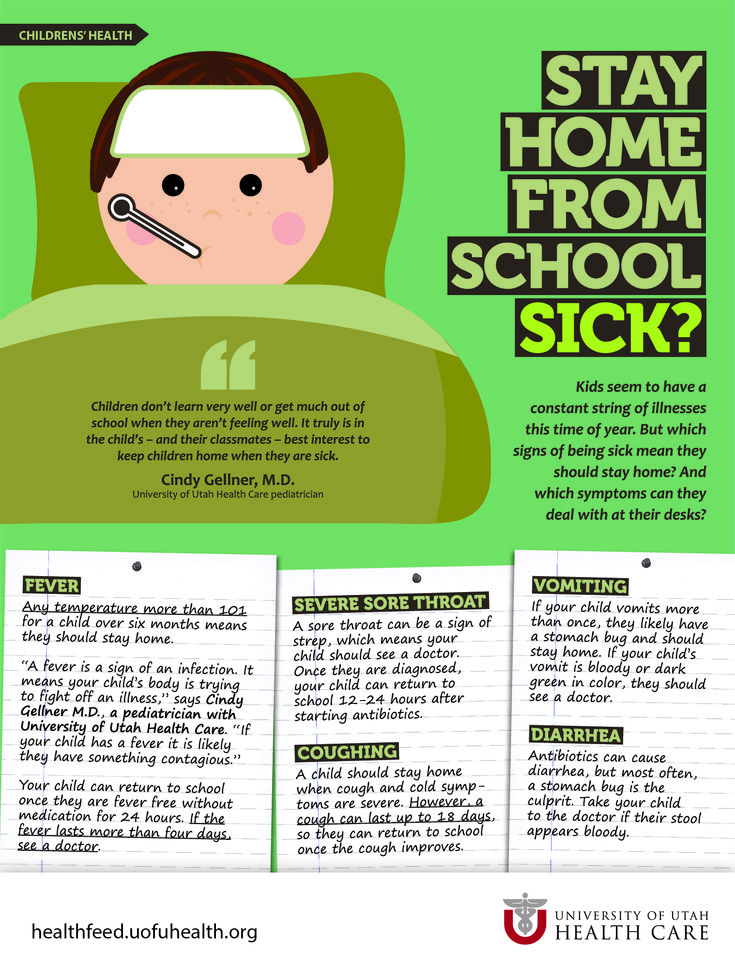
Fluent - in the middle or end of the first grade. I mean, I read it the way I read it. How many words per minute, I can’t say, I didn’t count. But here everything is individual, we have children who had problems with reading even in the 3rd grade. However, children are not stupid. But reading under duress. My daughter has always read a lot.
It seems to me that here it is necessary not so much to chase speed as to quality, so as not to miss words, etc.
And the speed will come with time.
eldest at 8. Son at 5. Youngest at 6.5. Normal speed - I don’t know, but it’s more revealing to measure it now and, say, in six months. And compare.
What is fluent? Not in syllables, with a complete understanding of what was read the first time, with expression, but more slowly than an adult - by the age of 5, the youngest daughter was reading. The eldest - at 5.5-6.
Official reading standards for a first grader can be viewed on the Internet. They are greatly underestimated in my opinion.
The reading speed with which the first grader will be comfortable, in my opinion, again, from 40 words / min. and higher. On the 1st of September is not necessary, but by about November it is desirable.
The main thing is not speed, but reading comprehension. In our school, reading technique is not checked at all, but they work a lot with the text.
I feel fluently from 70-80 words.
The speed of an adult is about 120 words (out loud).
Norms for grade 1:
40-50 words at the beginning, 50-60 at the end - this is 5
For the next classes, like this.
That is, in accordance with the norms for 5, the child should reach the speed of an adult by the end of the 4th grade, and fluent reading (in my interpretation) - by the end of the second. And it will be great.
According to my surveys, the speed of more than 80 words per minute occurs in 1st grade in 2-3 people in the advanced class.
I found these norms on the Internet for the 1st grade:
Standards for reading speed in the 1st grade
second quarter - less than 10 words - 2 points, 10-15 words - 3 points, 16-20 words - 4 points, more than 20 words - 5 points;
third quarter - less than 20 words - 2 points, 20-25 words - 3 points, 26-35 words - 4 points, more than 35 words - 5 points;
fourth quarter - less than 25 words - 2 points, 25-30 words - 3 points, 31-40 words - 4 points, more than 40 words - 5 points.
We have the most ordinary, unselected and unadvanced class, reading speed was tested in October. On average, 30-50 words were in children. Much less - in children whose Russian is non-native. More than 80 words per minute - in 2 children. At the same time, the teacher said that everything above 40 is excellent.
Well, going to the first grade, my son could not read, in general, at the end of October he read 35 words, by the end of the first grade - 85 words. Now grade 4 - 117 words technical text, 127 - adapted.
Elana answered you correctly, there are average norms, it is better to focus on them. And why do you need someone else's experience? Moreover, in the same family, he is completely different, the eldest fluently (read about 100 words by the end of grade 1), the youngest now reads almost like this (about 80 words), he is 5 at the end of April.
My son's reading speed was also checked in October (Grade 1). I thought he read badly, at least he does not satisfy me. But I typed 45 words per minute. According to statistics, about 5 people had a reading speed of more than 50 words per minute. 5 people could not read at all, in any way. Well, the average is the most 25-30 words per minute.
I thought he read badly, at least he does not satisfy me. But I typed 45 words per minute. According to statistics, about 5 people had a reading speed of more than 50 words per minute. 5 people could not read at all, in any way. Well, the average is the most 25-30 words per minute.
After six months at school, the children began to read faster, but the big problem of text perception remained. Those. they read mechanically, information is not stored in the head.
So you got confused... Well, my son doesn't read fluently at 6.5, although he started reading earlier, my daughter does. But we bother with the sequence: reading, retelling the one who read and the one to whom they read - I'm more concerned with the ability to comprehend the text and the transmission of thoughts than fluency. Parrots also chat fluently, but do they understand what they are talking about?
Fluently - is it like an adult, when there are no questions about the speed at all, the child reads "for himself"? Then at 7. 5, between 1st and 2nd grade.
5, between 1st and 2nd grade.
For a first-grader, the speed required by the school you have chosen for him is normal. Ours did not require, but by the end of grade 1, even my child, who had hardly read on September 1, had 40 words per minute.
At age 8, after 1st grade. Don't bother with reading speed.
She didn't know how to read at school, she knew the letters, at the end of November at the meeting she said that my daughter reads best of all and quite fluently.
The eldest - half a year before school, the youngest - the first grade ends, we are all waiting, sir We were engaged in the same way, before school in the sense.
I remember how at the end of the first grade the teacher was talking to the older one. that it would be nice to bring the reading speed to 70 words by the end of summer.
Senior at 6 years old - 90 words per minute, began to add syllables at 4 years old, from 5 to 6 - already read books, encyclopedias.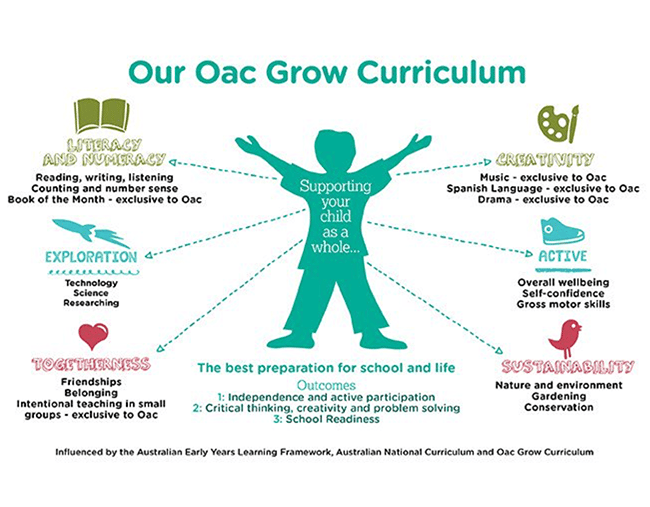 But at the same time, in the account, he was like all children of this age with whom they are engaged, but without any special obvious abilities.
But at the same time, in the account, he was like all children of this age with whom they are engaged, but without any special obvious abilities.
Another son learned to read from the age of 5 to 6 only from a problem book, because He was very fond of solving problems, understood the principle of multiplication and division, but could not stand the primer.)
Both went to school at the age of 6. Then they just switched to the system for 4 years in the beginning. Oh, everyone has already graduated from school, the first one always did better in humanitarian subjects, and the second one - mathematics and physics)))
Recently, she was 5 years old, a girl, she reads quite fluently and a lot (about 40-45 words per minute). Everything he sees, he reads. All workbooks that are close are hers. I did not teach her to read, she herself somehow, according to the alphabet, from the age of 3.
Easy examples for grade 1 in the brother's textbooks decides, she takes it from the shelf and sits down at the textbooks.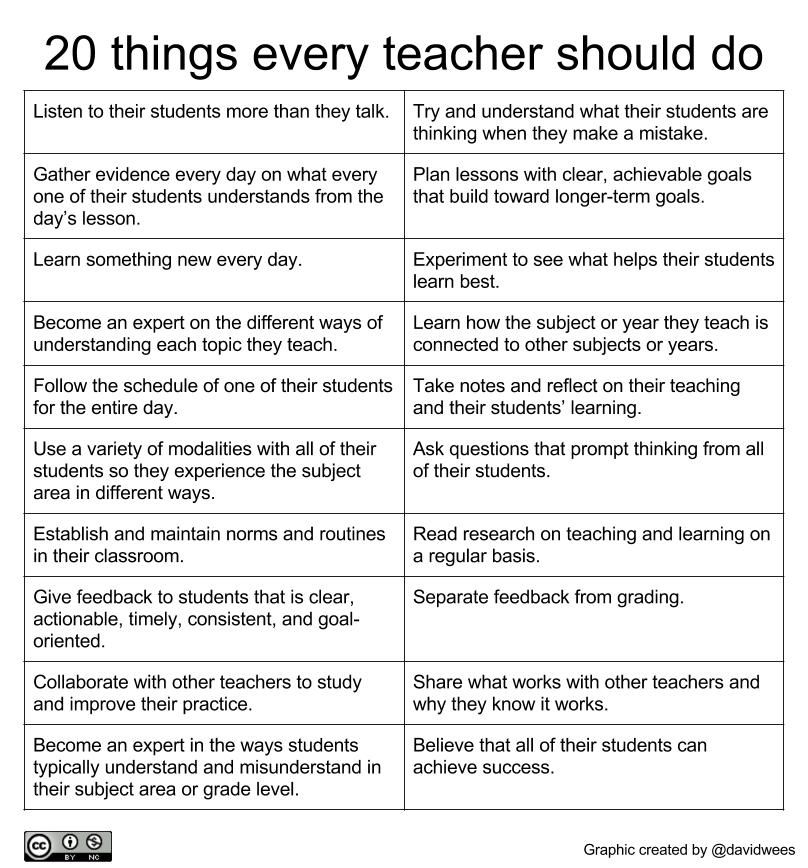 If I want to help with explanations, he chases me with the words - "you are in the way, I understand everything myself"
If I want to help with explanations, he chases me with the words - "you are in the way, I understand everything myself"
Understands all texts, retells in faces.
To prepare for a school (not at a school, in a children's center) they took with 6-year-olds after an interview in September, they themselves offered. She was 4 years 8 months old at the time... Some are even going to school this year from her preparation group.
I don't know what to do with it..
Be happy and urgently go in for sports. Because the child will cope with studies without your help, but sports in her life may be lacking because of her studies.
And find a decent school, preferably with selection. But 2 years later...
The son began to read well, not in syllables, and observing punctuation at 4.5 years old. The middle child started reading only in the 1st grade. Now 2 is finishing, but reading everything syllable by syllable ((
The elder is 5, the younger 6.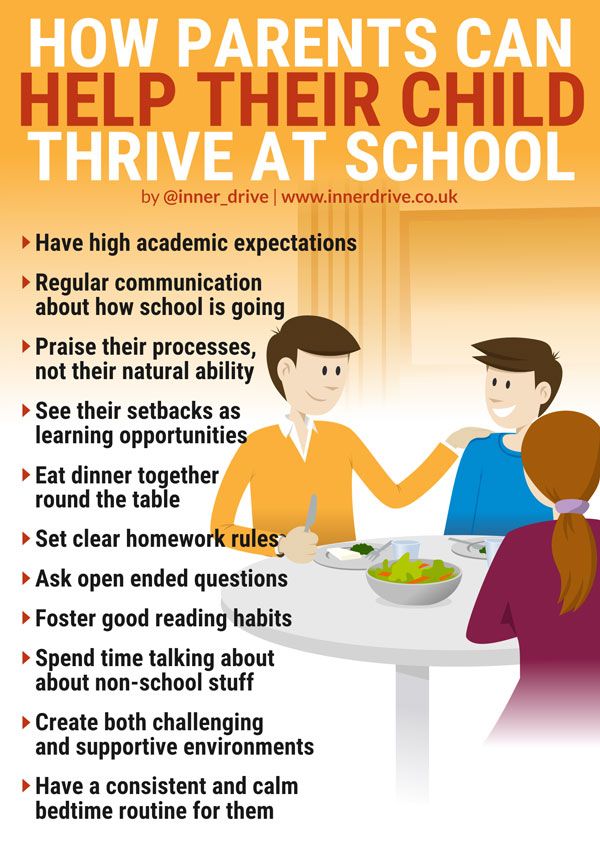 5 still does not read fluently.
5 still does not read fluently.
Agree, very desirable.
Believe me, there is absolutely nothing here with which you have to do something. Well, except to rejoice, as Elana wrote, yes. )
My child started reading only at the age of 7, they went to the training for a year and only towards the end he learned, just turned 7 in the spring. Now we are in the 5th grade, so he tells me that some of their children still read slowly.
My younger brother also began to show abilities very early, and since we have a difference of 7 years, I remember very well. At 4.5 years old, he read, wrote in block letters, memorized a lot - children's books, records (such as the Three Musketeers) knew all the text and songs by heart. I went to school at the age of 6 (I was born in April), then I jumped over another class, left school at the age of 15 and entered the Phystech. They didn’t even hear about any developmental courses, then, the parents took the tutor from Moscow State University in 10th grade, and after a few lessons he said that his services were not needed. This is a great happiness when a child has a gene of "craving for knowledge", I don’t know how to call it more precisely, so that learning is a pleasure and comes easily.
This is a great happiness when a child has a gene of "craving for knowledge", I don’t know how to call it more precisely, so that learning is a pleasure and comes easily.
Open theme in windows
About early reading: coercion or environment
In Russia, there are many both supporters of early reading instruction and its opponents. The first since the year show cards with syllables to children and take them to special courses. The latter advise up to seven years to resist even the child's natural craving for letters. Our blogger Anastasia Mironova claims that her daughter herself learned to read at three, and believes that in a family with a developed reading culture, a child can start reading well early.
My daughter learned to read at three. At four and a half, she began to sit down in an armchair with a book and read it in its entirety. Oh, yes, before that, she suddenly began to write our names, the names of pets, the words "mom", "dad", "woman". And for almost a year now I have been making excuses, trying to prove to skeptics that my daughter learned all this herself!
And for almost a year now I have been making excuses, trying to prove to skeptics that my daughter learned all this herself!
No violence!
Even during pregnancy, my husband and I agreed that no one would forcefully teach a child to read, write, or count unless she asked for it herself. My husband is a primary school teacher, he worked at a Waldorf school and his position is tough: no coercion until the age of seven. If he doesn't want to read at five or six, let him not read. We agreed that we would not push the child to knowledge.
But everything went wrong. Initially, our daughter liked us to read to her a lot. She devoured 5-10 books a day, she was interested. We read short poems, nursery rhymes, fairy tales to her and ran our fingers along the lines. Soon the daughter began to look closely at the letters. She spoke very early, so at the age of one and a half she could already ask what those lines were and what was written. She asked - we answered. They pointed to "o", "e", "y" and called. Well, what was to be done if the child was interested?
Well, what was to be done if the child was interested?
At exactly two years old, my daughter knew most of the letters. Herself! With, I repeat, the fundamental unwillingness of the father to forcefully teach and somehow stimulate interest in reading.
We were just driving in the car, and she suddenly pointed her finger out the window at the signs and joyfully reported “O found it!”, “E found it!”
At two and a half, my daughter knew all the letters exactly. Someone gave her a wall-mounted alphabet with a recorded voice of the announcer for growth. We didn't want to turn it on, but the child asked. There were tasks: find letters, select words that begin with certain letters, look for numbers. None of us can say for sure how it happened that even before the age of three, our daughter successfully completed all these tasks, and threw away the alphabet.
When she was three and a half, she explicitly asked to be taught to read. Before that, she had already somehow understood what words were made of, she herself correlated sounds with graphic symbols.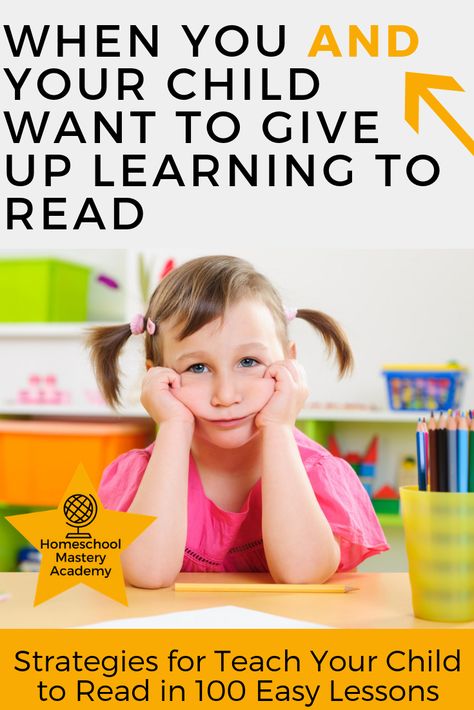
It cannot be said that we specially taught her. At first she read monosyllabic words, then - words from the same syllables: "mom", "dad", "woman". Then - from well-mastered syllables. Nobody taught her the concept of a syllable, but she began to intuitively make a break in syllables, because the division into syllables itself was also invented on the basis of a natural flow of speech. Also, the husband explained to her the basic difference between a letter and a sound - the daughter understood.
It must be admitted that there was no progress in reading for a long time. The daughter learned to read and at some point seemed to have abandoned this business
She did not want to read herself, for more than six months the pace of reading did not increase. And we thought that the child had lost interest in books. He was not specially stimulated, his daughter was not urged on. She could read one sentence at most and put the book down, still asking us to read it. This went on for about four years and a month and a half, after which there was a breakthrough in development.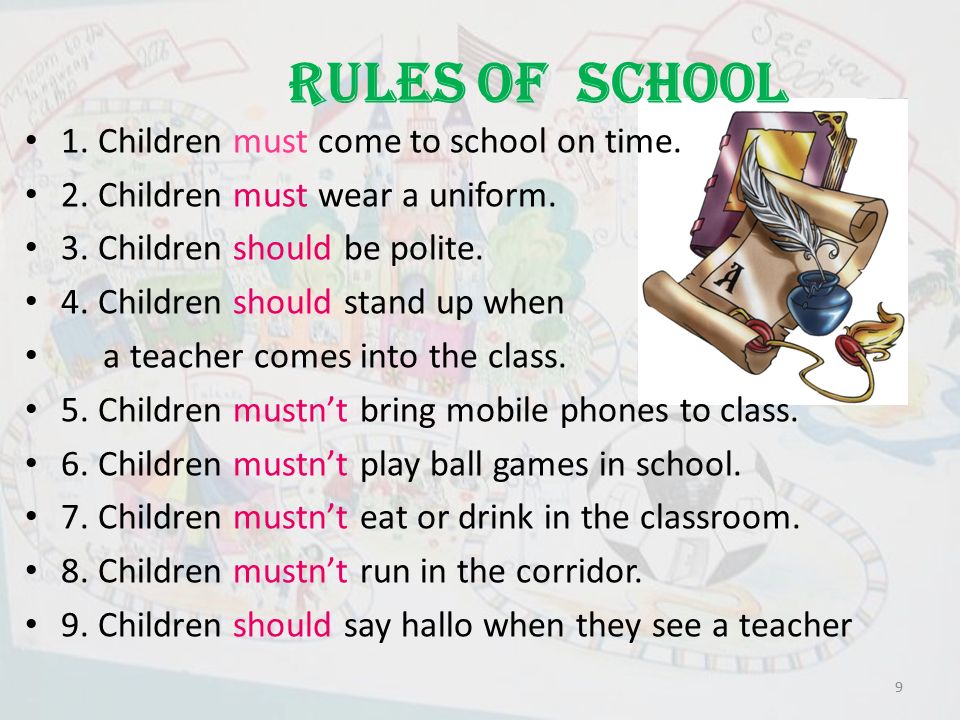
Literally in a matter of days, my daughter began to pick up a book herself and sit down to read. At first I read slowly and aloud, a month later I learned to read in a barely perceptible whisper.
For me, this moment was a signal that the child was ready to enter a foreign language. I already wrote about why I do not consider it necessary to teach my daughter English from the cradle. I patiently waited for her to start reading in Russian, and only then I started to speak a foreign language.
Our child's early reading is controversial. Relatives, who know me and my husband well and our rules of upbringing, only admire the maturation of our daughter and her seriousness, thoughtfulness. But strangers condemn. It turns out that there are many people, including educators and child psychologists, who simply do not believe that a child can show an early interest in reading, and who even consider such an interest dangerous, and therefore urge to refuse books in the early years.
Can you imagine? The child himself understood what letters are, every day he begs his parents to explain reading to him, and the parents refuse
For example, I can’t imagine such a course of events. Let's take a look at some of the most common misconceptions among laymen and educators about early reading, which our family has refuted by personal experience.
“Under six they can’t, period!”
The first and most doubtful statement for me is that children very rarely can themselves show interest in reading and master letters without a stick before the age of six. In all articles, from amateurish ones written for Internet forums to the works of psychoneurologist Vilenin Garbuzov, an average figure is indicated: allegedly, only one child out of a hundred is ready to read before the age of six. But that's not true! If you have read noble memoirs of pre-revolutionary Russia, if you have studied the biographies of European aristocrats, then you know that, on average, they learned to read there already at the age of three.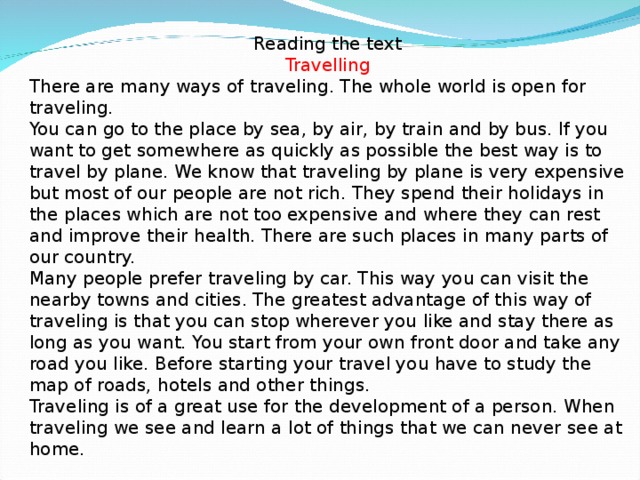
Vladimir Nabokov read from three. Pushkin learned to read late, presumably at five; Not being able to read even at five was strange in an aristocratic environment, such families were condemned. Because if a child grew up in a bookish environment, he learned to read early. If he didn’t know how, then there were no books and a tutor in the house.
However, for those who do not like the experience of the nobles, I suggest referring to the examples of relatives and friends. Ask at what age and how their children learned to read. You will be surprised that so many families read from an early age. For example, I went to school at five, it was an experimental program. I already knew how to read, count and write. My husband spoke at three, and at four he began to read. Neither my mother nor him remember how we learned this skill.
I have my own version of this: one full bookcase of children's books - and the child is guaranteed to read at the age of four, and quickly. If a child does not have any tangible deviations in development or health problems, he simply cannot but show interest in reading in a family where good books are read to him all the time.
A significant part of my daughter's books were still from the USSR - we specially bought used books, Soviet children's literature had beautiful illustrations and solid design. My daughter is used to holding good books in her hands.
In three years, if not earlier, we recorded it in the library. In your name, of course. But at the age of three she was already walking and choosing books. Well, at home, of course, they read. Now she is four and five, she does not know how to play on a smartphone or tablet - she just never played with them. I saw the first cartoons after two and now I watch one cartoon a day.
I do not believe that there are children who, with such an upbringing, will not be interested in reading. If not at four, then at five years old in reading families, the child, as a rule, also reads. Moreover, he not only knows how to read, but takes a book and reads it. I see families in which children do not read until they are six years old: there they have been sitting on their phones for hours since six months, such children have at most a couple of dozen books, and even those are squeakers, whistles or for swimming. Our child had three or four crappy modern books with cardboard sheets and primitive computer illustrations, while someone else has no other books and no interest in reading.
Our child had three or four crappy modern books with cardboard sheets and primitive computer illustrations, while someone else has no other books and no interest in reading.
Another common misconception tells us that before the age of six a child is not able to master abstract concepts and that units manage to cope with this task at five. But even here it is not true! At the age of three, a child understands not just letters, he can explain what love, happiness are. At three, our daughter used words such as "tomorrow", "yesterday", "not soon". In all families where children did not grow up in front of tablets and TVs, they knew these words.
If you spend enough time with your child and talk to him a lot, he will learn the right words
This leads to the third myth. Almost all opponents of early reading believe that at 3-4 years old a child is not able to understand the definition of the words "letter", "sound", "syllable" and "word". And my child understood! And for many other parents, the children also coped. The difference between a letter and a sound, the meaning of the word "syllable", the daughter learned, if not at exactly three, then closer to four. I'm afraid to scare respected scientists, but she even understood what a sentence is and guessed about the function of punctuation marks. Notice that no one forced the child to read books and did not explain - she asked herself. When she began to read several words at once, she had a question about the dot and commas. We explained - the daughter understood. She reads, albeit slowly, but intonation highlights punctuation marks. Moreover, the daughter herself writes! Nobody taught her this. For example, I saw my daughter signing a drawing. At the age of four years and two months, she herself drew a postcard in the kindergarten and signed "Postcard for Mom's birthday."
The difference between a letter and a sound, the meaning of the word "syllable", the daughter learned, if not at exactly three, then closer to four. I'm afraid to scare respected scientists, but she even understood what a sentence is and guessed about the function of punctuation marks. Notice that no one forced the child to read books and did not explain - she asked herself. When she began to read several words at once, she had a question about the dot and commas. We explained - the daughter understood. She reads, albeit slowly, but intonation highlights punctuation marks. Moreover, the daughter herself writes! Nobody taught her this. For example, I saw my daughter signing a drawing. At the age of four years and two months, she herself drew a postcard in the kindergarten and signed "Postcard for Mom's birthday."
Political costs
I am convinced that the standards of teaching children to read in Soviet times were greatly reduced due to a sharp decline in the general level of culture and education.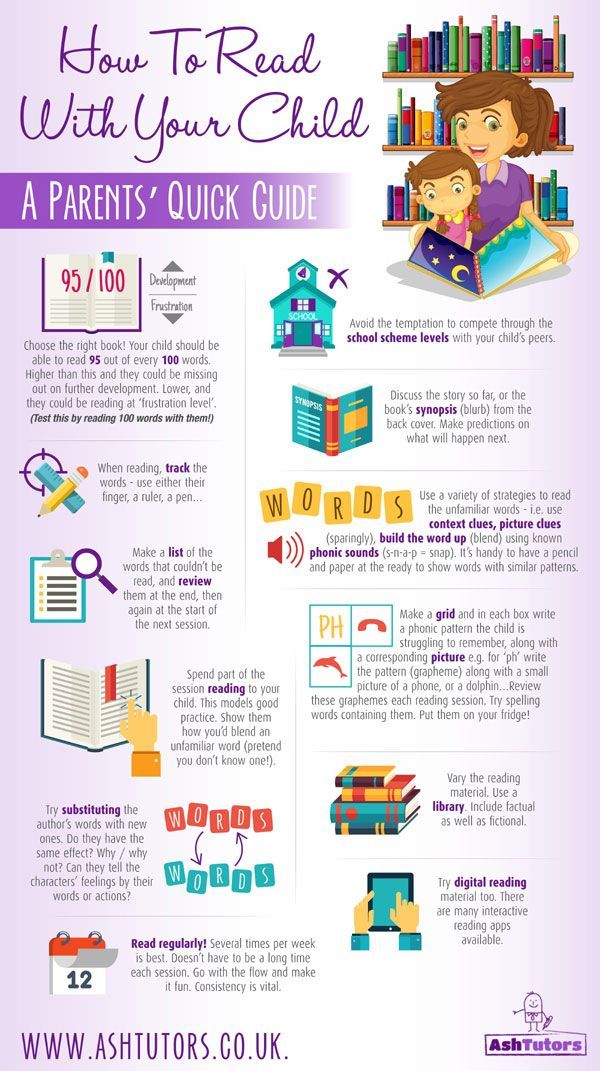 Tens of millions of uneducated masses poured onto the historical stage, many Soviet citizens became the first literate generation in their families. Later training was connected precisely with this. And the late transition from kindergarten to school is with production necessity.
Tens of millions of uneducated masses poured onto the historical stage, many Soviet citizens became the first literate generation in their families. Later training was connected precisely with this. And the late transition from kindergarten to school is with production necessity.
The child was in the garden for 10-12 hours, there were extensions, five-day kindergartens. He was at school until noon at most - if children were sent to the first grade at the age of five, they simply would not be able to take care of themselves. But the seven-year-olds were already going to lessons themselves, returning home, warming up dinner.
In the eighties there were attempts to transfer the first grade to kindergarten and take children to school a year earlier. These were zero classes at kindergartens or full-time classes at an elementary school, they were taken from the age of six, from there they immediately went, as a rule, to the second. I even got into the zero grade at the age of five - I was two months away from being six.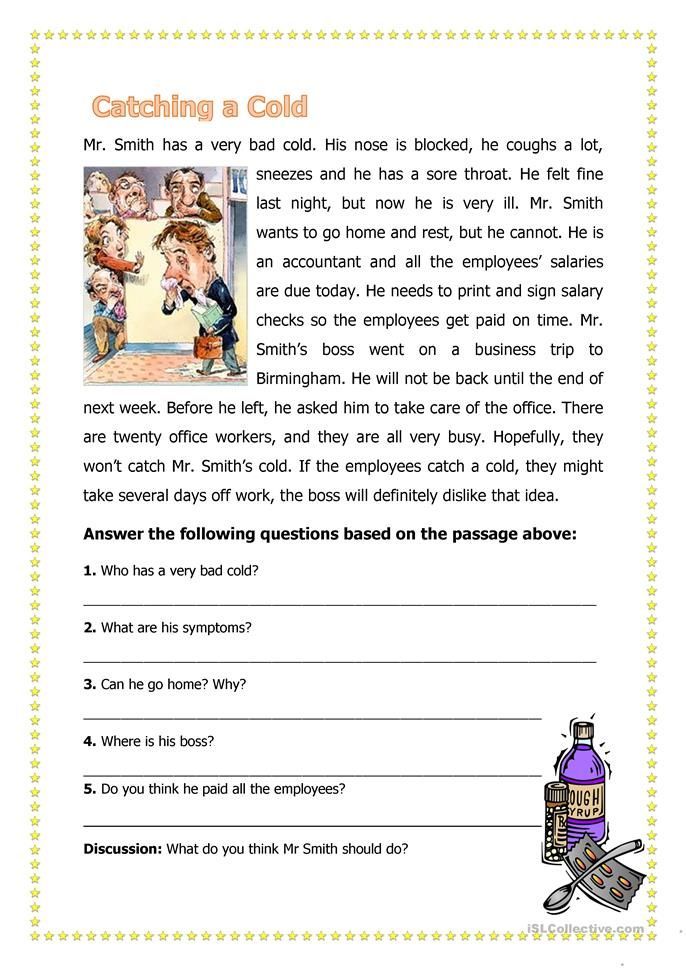
This program had to be closed precisely for economic reasons: it is expensive to support first graders full time, and there is no one to pick them up from school after four lessons.
In countries where there was no monstrous humanitarian catastrophe, such as happened in Bolshevik Russia, children go to school early. In the UK, first grade is given at five, children immediately learn English, mathematics, natural history, music there, and many children already know how to read by school. In the United States, it is rare that they go to school at six - mostly children start school at five. Everyone is reading by six.
Seven years for school and for reading is too late in my opinion. Two or even three years of reading is a colossal omission. Some children will never be able to fill the gap that has been created. I know this for sure as a child who learned to read early. At the age of seven or eight, I was already reading books from the Adventure Library series: Montezuma's Daughter, Captain Fracasse, Fifteen-Year-Old Captain.